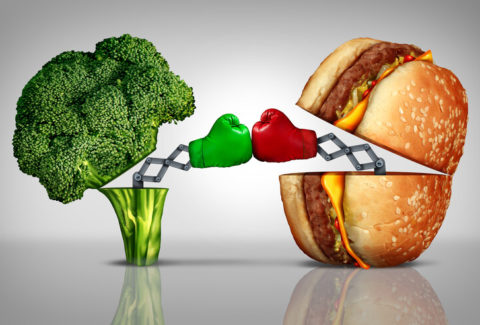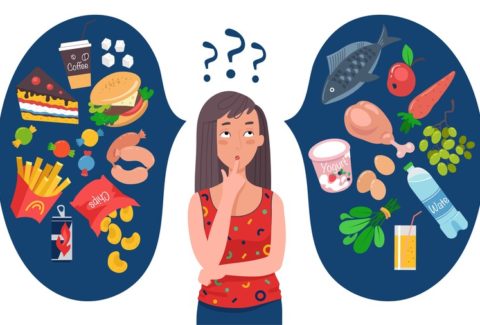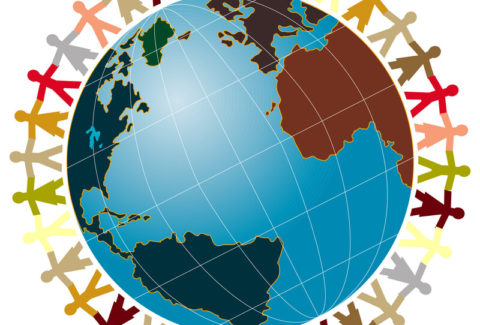Trauma and Education
It is not the trauma. It is not the traumatic event. It is not what happened. This may sound cruel and insensitive, especially given the collectively held belief that suggests that it is, but we know that this belief has been detrimental in our lives. If nothing that takes place in our life is a result outside our thoughts, and if noting that we experience is outside the effects of our thoughts, then how we respond to whatever takes place in our life cannot be the result of what happens in our life, rather, the result of our thoughts. [1]
If we think about it, there is nothing more empowering, transformative, freeing, and more liberating than this single piece of insight and awareness. If you think about this, this piece of insight cuts through all the clutter and goes straight to the heart of the matter. Most people do not really know what arouses their anger, their fear, or their impulsive behaviors. Most people only try to make sense of them and often associate their emotions with something salient in their brain – a past “trauma,” a past “traumatic event,” a situation, or circumstance [2]. Yet this is because the essence of what really is, of how things really work, of who we really are, and of what it means to be a human being, lies outside of our awareness.
We spend decades in school, either in formal college, university, or in trade school, then get a job, earn money, raise a family, accumulate things, retire and die. As a society, we have agreed that this is how things work, and we have all been working hard to maintain this way of being. However, this has been detrimental to most of us. For we have not truly been educated. We have not learned how to think, and the decades we spend in school are spent accumulating information, almost all of which has been part of our collective programming [3].
This has had a profound effect on:
- How we think about health, including physical and mental health
- How we understand life
- Our understanding of who we are
- What it means to be a human being
- What we think truly matters
- How Life truly works
- Our relationship with others and the rest of the world
How all this has been playing out with our patients is that we have been supporting the belief that what happened to them in the past is the single most significant determinant of the rest of their life. In doing so, we have stripped them of their nature as human beings. We have made them believe that they are weak; that life is against them; that they are the victims of outside circumstances; and they’ll have to spend the rest of their life, “working out” something that happened to them 40 years ago, or when they were 10 years old, or 3 years old. We have given them a death sentence when we think we are helping them.
Of course, because this has been part of the collective belief, it sounds “normal.” In fact, the opposite has been regarded as “abnormal.” In other words, we have been led to believe that it is abnormal to face a situation, and respond to it in a way that helps us grow. The concept of growth mindset is foreign to us when working with this patient population. Instead, we adopt a fixed mindset, and, as a result, they have come to understand that what is going on right now with them, their anger, their emotions, their intrusive thoughts, are because of a “traumatic event,” and this it will be for the rest of their life. We teach them to manage their symptoms rather than to live their lives fully and completely.
Today, we are raising the bar, we are taking a stand to help cease suffering throughout the world, and it all starts with raising the awareness. It all starts with making sure that all of us clinicians and all patients we serve, know the following:
- Our perception of a situation and not the situation itself, determines the feelings and behaviors that follow, as it is well explained in CBT
- We are never upset for the reason we think we are
- Feelings come from our associated thoughts and not from “things,” people, events, situations, or circumstances
- The way we respond to anything has nothing to do with how “bad,” or how “good” such a thing is; rather, on the meaning we assign to such a thing
- Every thing, everyone, every situation, event, or circumstance is neutral, and we and only we, g assign meaning to it
- Once we change the meaning we assign to anything, we change how we focus on it, which changes our associated thoughts and therefore, our feelings
- The type of meaning we assign to things is determined by how we are perceiving them, which, is determined by our overall attitude and beliefs, which, in turn, are decided upon by our level of consciousness.
What is needed then is to raise our level of consciousness, and help our patients do the same. Then and only then can we see a decrease in suffering in our current patient population affected by “trauma.”
Would you like to learn how to best do so? Then join us on Friday, April 9th for our 6 CEU Full Day Webinar on Trauma. Click here to register, and
We look forward to seeing you
Karen and Mardoche
[1] Morin, Amy. “This Is How Your Thoughts Become Your Reality.” Forbes, Forbes Magazine, 15 June 2016, www.forbes.com/sites/amymorin/2016/06/15/this-is-how-your-thoughts-become-your-reality/?sh=420c561528a0.
[2] Harms, L., Talbot, M. The Aftermath of Road Trauma: Survivors’ Perceptions of Trauma and Growth, Health & Social Work, Volume 32, Issue 2, May 2007, Pages 129–137, https://doi.org/10.1093/hsw/32.2.129
[3] Hough, Lory. “What’s Worth Learning in School?” Harvard Graduate School of Education, www.gse.harvard.edu/news/ed/15/01/whats-worth-learning-school.









